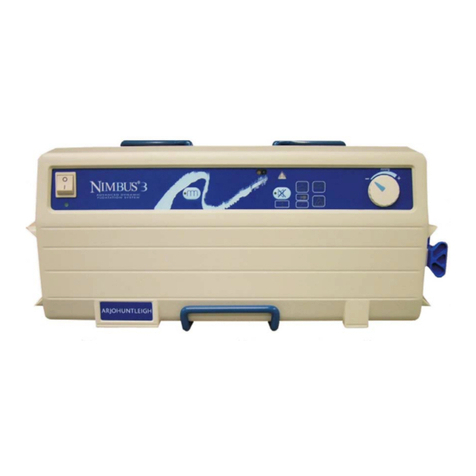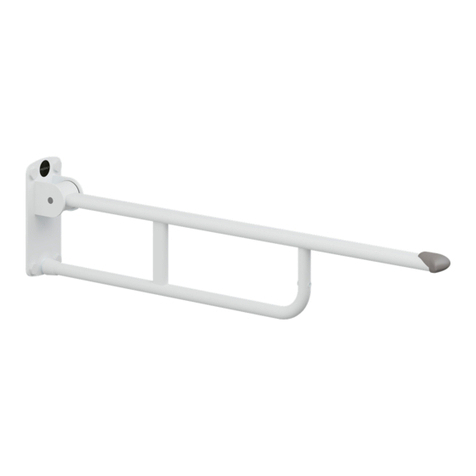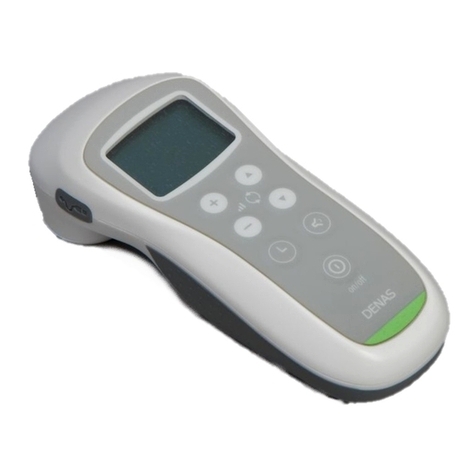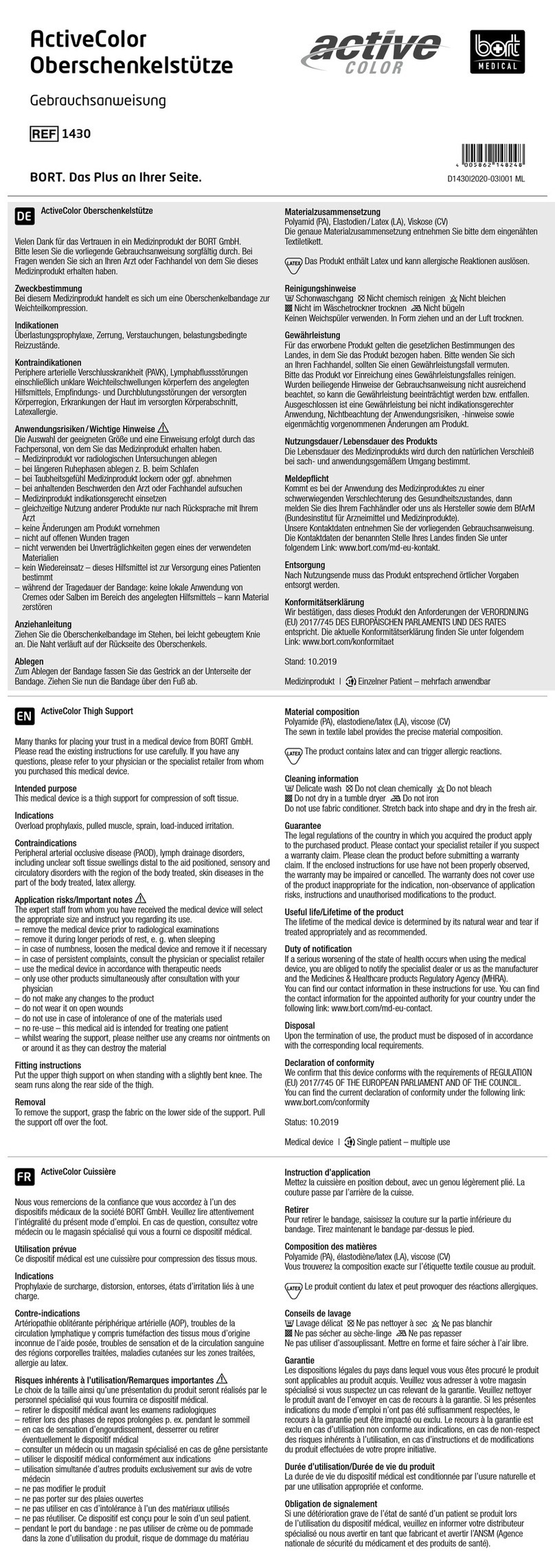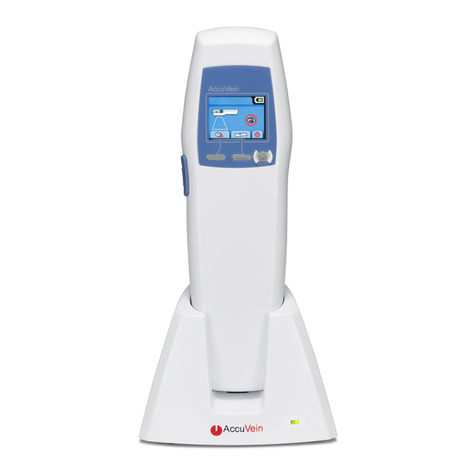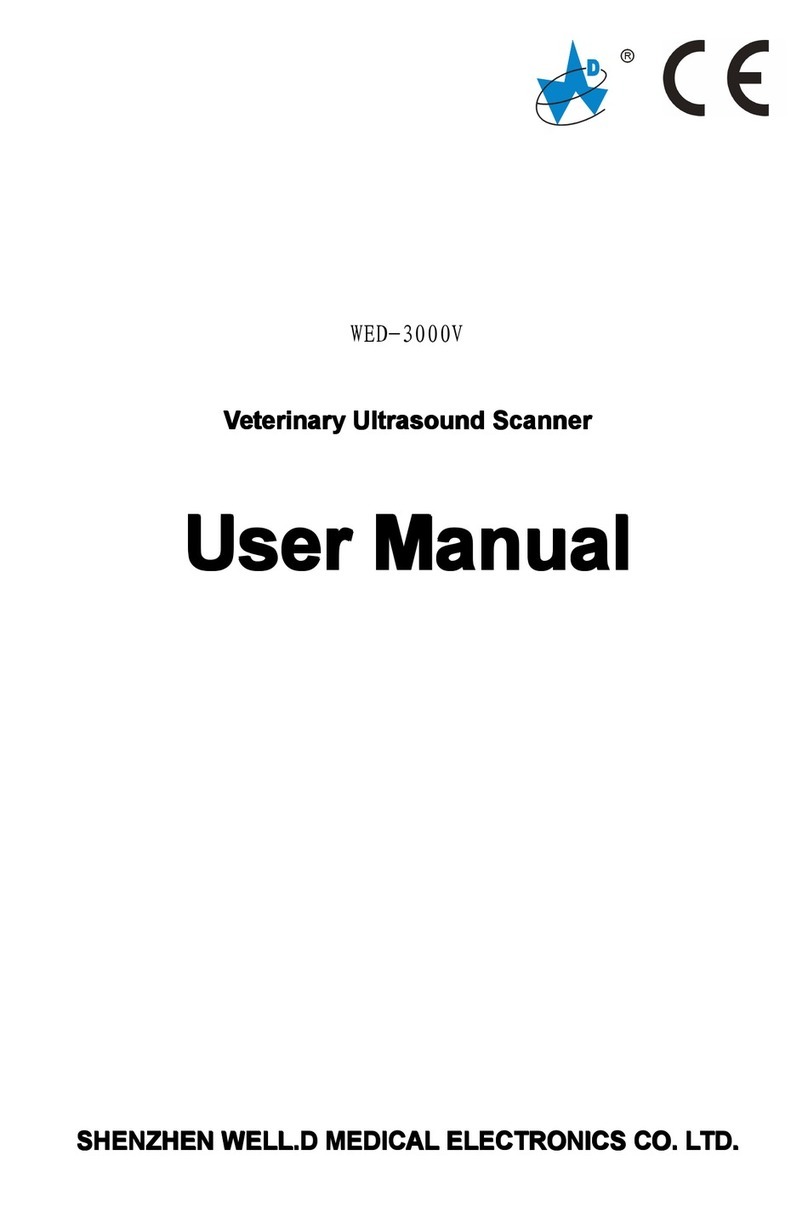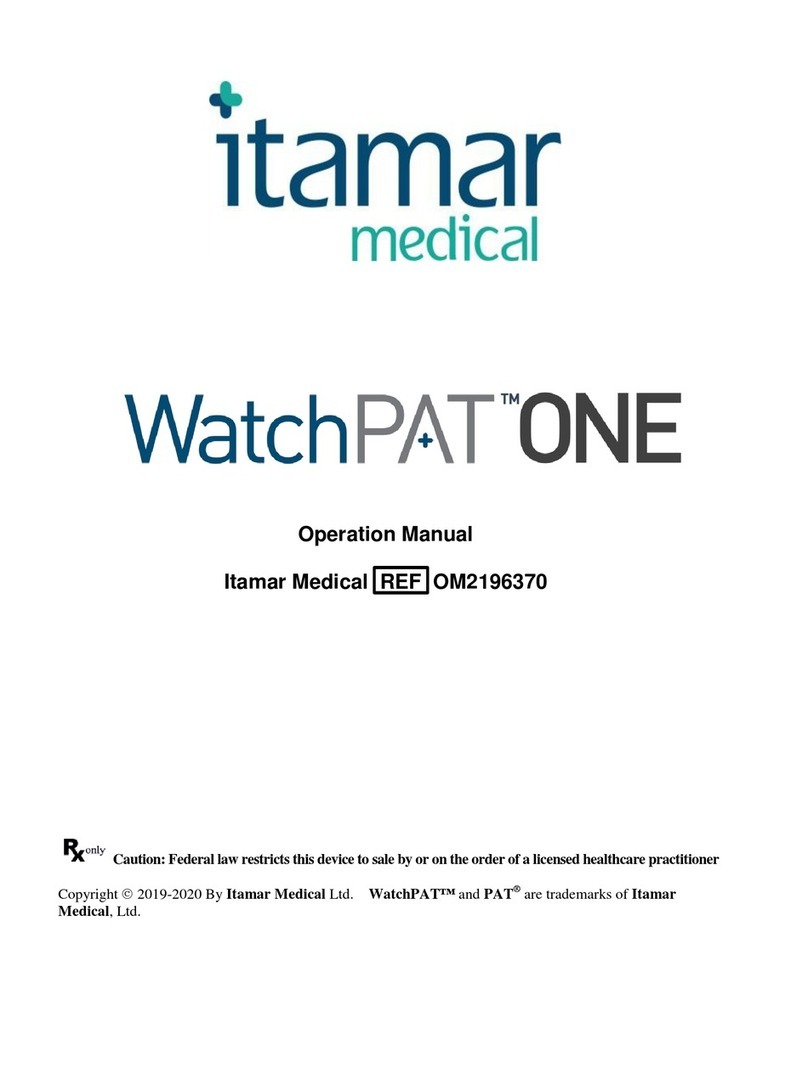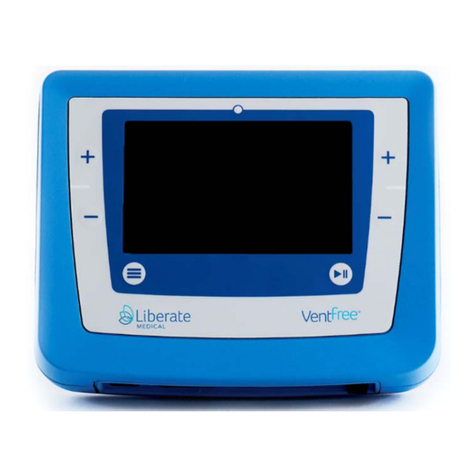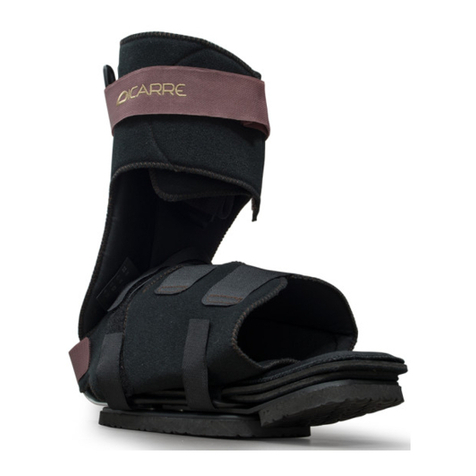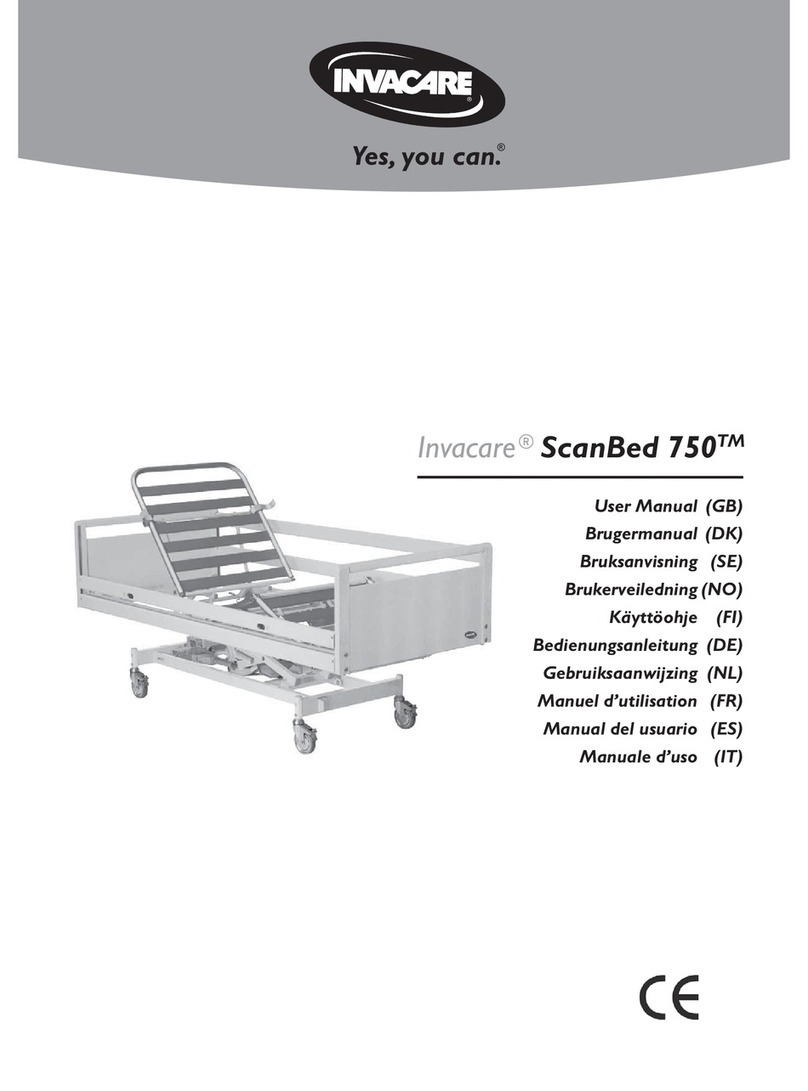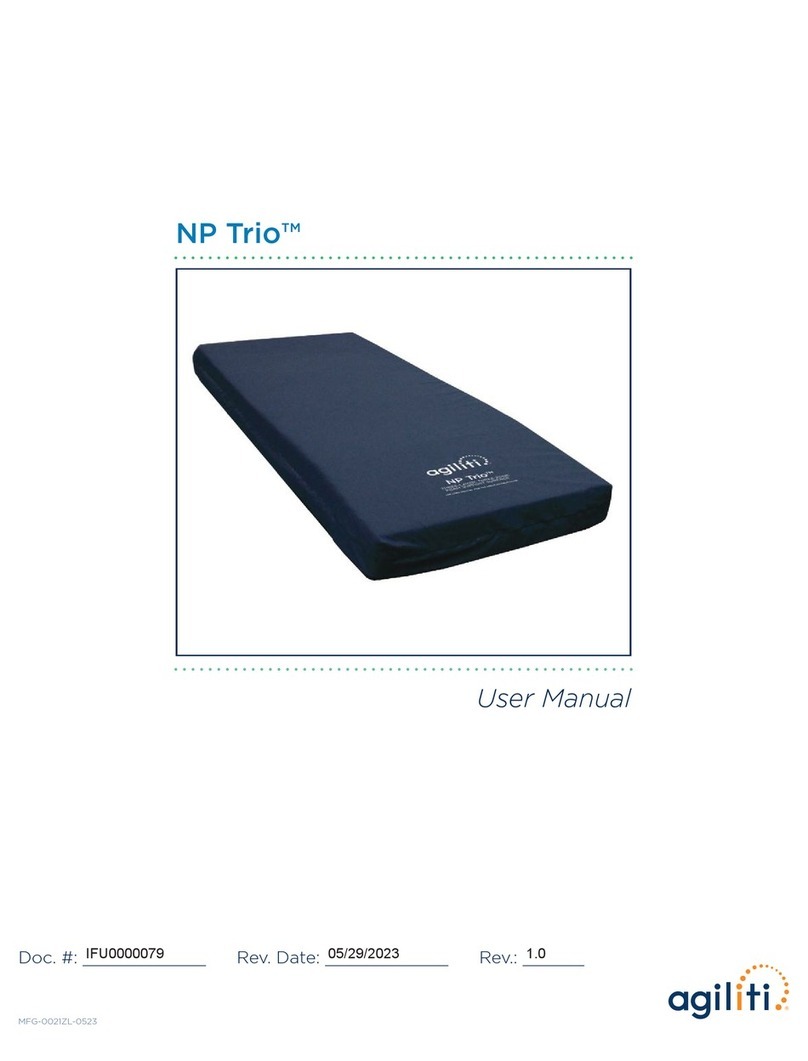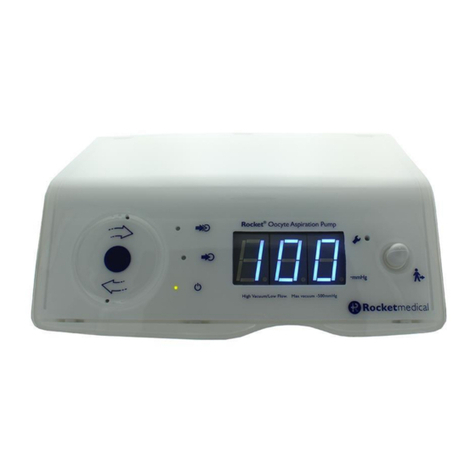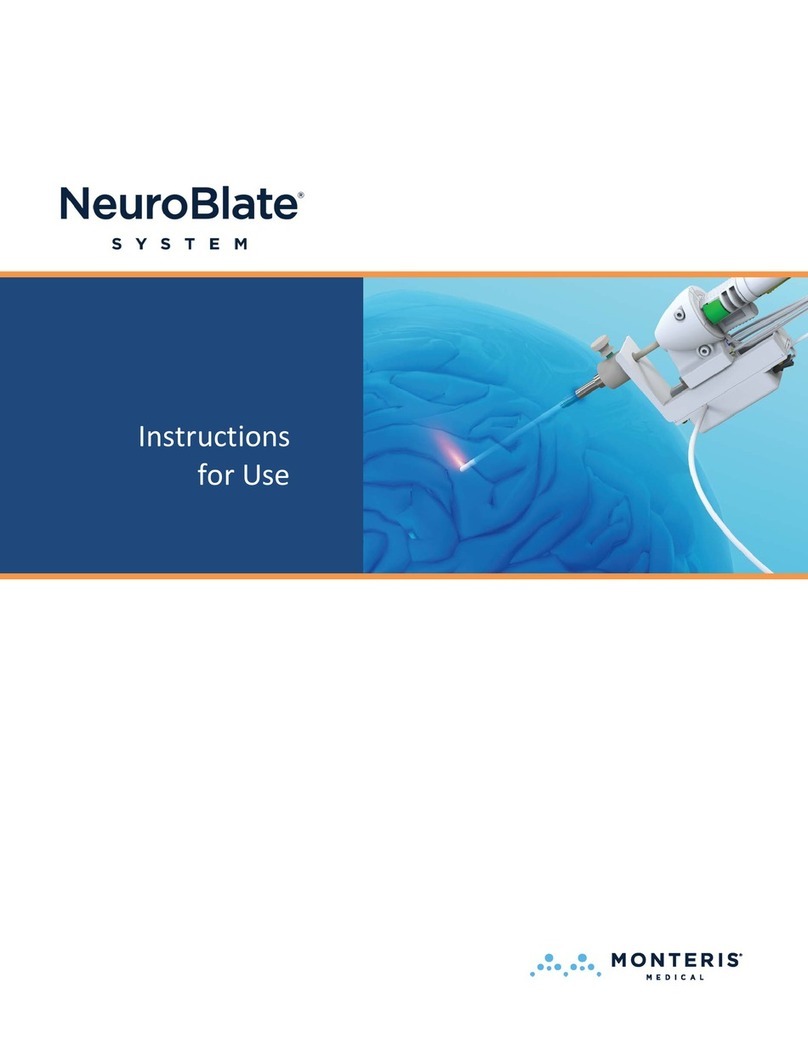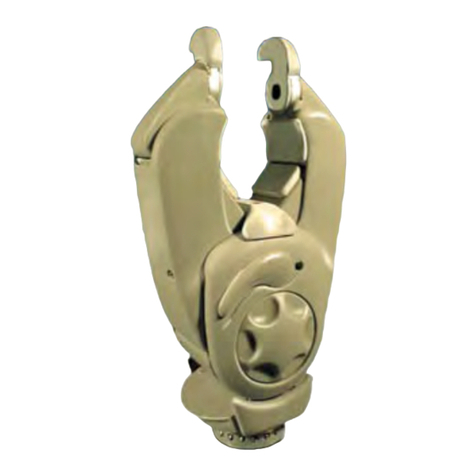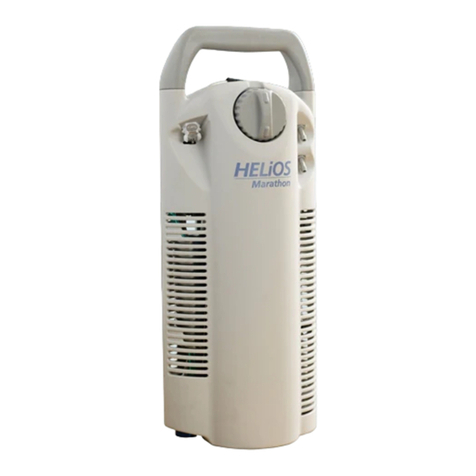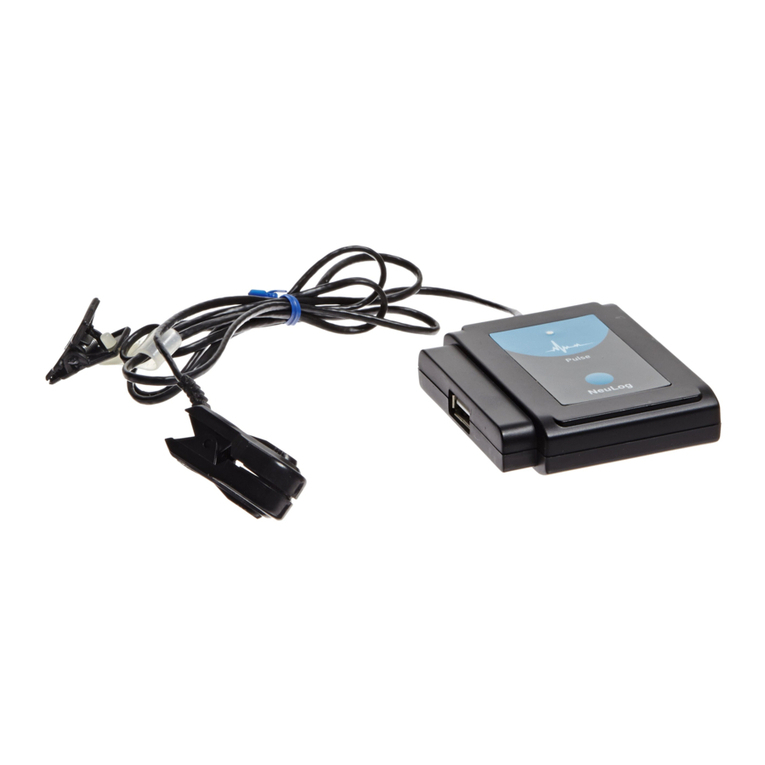- I -
Preface...........................................................................................................................................................1
Statement.................................................................................................................................................1
Manufacturer's warranty..........................................................................................................................1
Matters needAttention............................................................................................................................2
Safety labels ............................................................................................................................................2
General tips for equipment operation......................................................................................................3
General Safety Message..........................................................................................................................3
1 Summary....................................................................................................................................................6
1.1 Brief Introduction..............................................................................................................................6
1.2 Range of application..........................................................................................................................6
1.3 Appearance........................................................................................................................................7
1.4 Technical Specificatio .......................................................................................................................7
1.5 Electric principle block diagram .......................................................................................................8
1.6 Standard configurations.....................................................................................................................9
1.7 Optional pieces..................................................................................................................................9
2 Installation................................................................................................................................................10
2.1 Operation environmental requirements...........................................................................................10
2.2 Installing and disassembling battery ...............................................................................................10
2.3 Installing and disassembling probes................................................................................................11
2.4 Power Supply ..................................................................................................................................12
2.4.1 Power supply with adapter..............................................................................................12
2.4.2 Battery Operation..............................................................................................................12
2.5 Battery charging..............................................................................................................................13
2.5.1 Charging through main unit.............................................................................................13
2.5.2 Charging through adaptive line.......................................................................................13
2.5.3 Charging through auto-charger......................................................................................14
3 Operating procedures.............................................................................................................................15
3.1 Introduction of keyboard.................................................................................................................15
3.2 Display interface .............................................................................................................................16
3.3 Operating procedures ......................................................................................................................16
4 Image parameter adjustment.................................................................................................................17
4.1 Display mode switching..................................................................................................................17
4.2 Image freezing.................................................................................................................................18
4.3 Gain adjustment...............................................................................................................................18
4.4 Image brightness adjustment...........................................................................................................18
4.5 Image smoothing.............................................................................................................................18
4.6 Gray correction................................................................................................................................18
4.7 Dynamic range adjustment..............................................................................................................19
4.8 Depth adjustment.............................................................................................................................19
4.9 Scanning angel adjustment..............................................................................................................19
4.10 Focus adjustment...........................................................................................................................20
4.11 probe work frequency....................................................................................................................20
4.12 Frame-related adjustment..............................................................................................................21
4.13 M rate adjustment..........................................................................................................................21
4.14 Screen cleaning .............................................................................................................................21
4.15 Restore factory settings.................................................................................................................21
